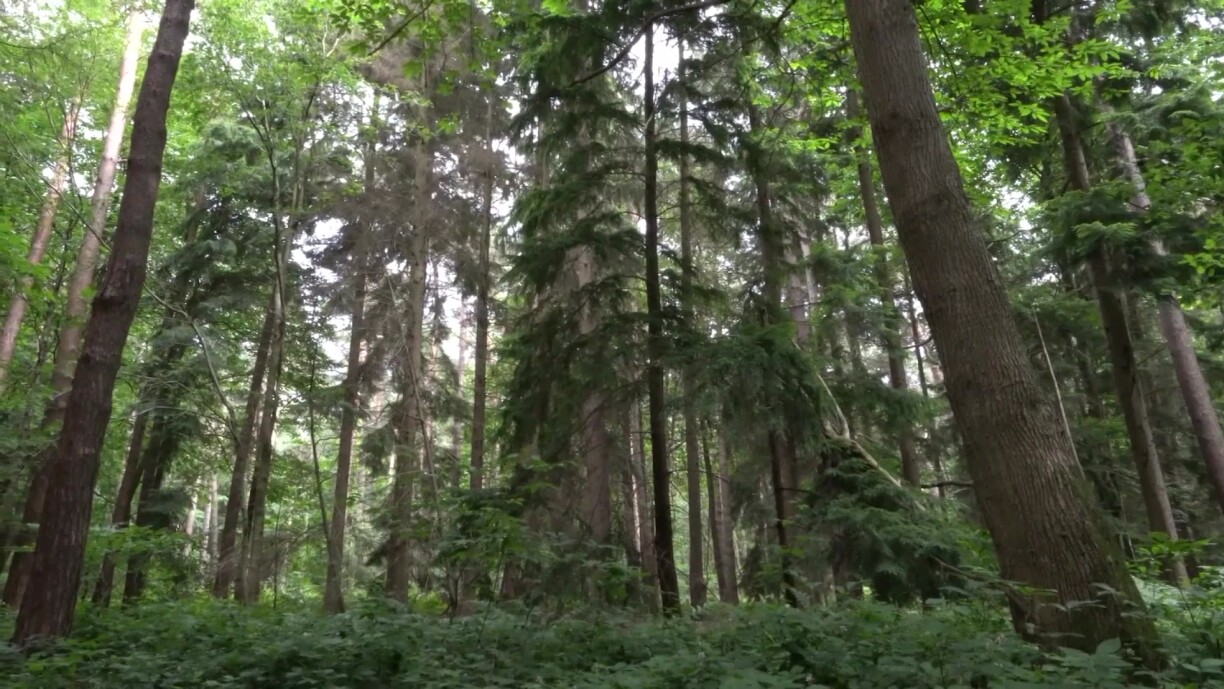
The European Environment Agency (EEA) has published a stark assessment of the continent’s environmental health, warning that despite progress in climate protection and air quality, Europe’s overall environmental condition has deteriorated dramatically in recent years, according to Tobias Lung, environmental expert at the EEA in conversation with RTL.
Lung explained that around 80% of Europe’s habitats are now in poor or very poor ecological condition. He noted that soils across the continent are weakened, freshwater and marine ecosystems suffer from pollution, and all of these problems are being intensified by the effects of climate change.
The causes, the report notes, are numerous: pollution from agriculture, overexploitation of natural resources, invasive species, and above all, unsustainable patterns of production and consumption. Lung highlighted that the average European consumes about 14 tonnes of materials per person each year, one of the highest rates globally, warning that if this lifestyle were replicated worldwide, raw material extraction could rise by 60% in the coming decades, with catastrophic consequences for the climate and nature.
Regional disparities remain significant. Southern Europe faces the worst impacts of climate change, including severe droughts, wildfires, and water shortages. Central Europe is also increasingly affected, with drying soils, declining forest health, and bark beetle infestations reducing carbon storage capacity. In northern Europe, the Baltic Sea is in a dire ecological state, suffocated by nutrient pollution from agriculture that has created extensive “dead zones” devoid of marine life.
There are, however, some positive developments. Lung noted that ambitious policies are having an effect, with fine particle pollution and related mortality rates falling sharply, while CO₂ emissions have dropped by 37% since 1990. Renewable energy production continues to expand, and green-sector jobs are growing rapidly, particularly in energy and water technologies.
Progress is slower when it comes to lifestyle-related changes, especially in food consumption and transport. Transport emissions have fallen only 6% since 2005, as efficiency gains from newer vehicles are offset by higher traffic volumes and more powerful engines. Lung pointed out that while electric mobility is far cleaner than combustion engines, it remains resource-intensive, requiring vast amounts of raw materials. He emphasised that Europe must move towards shared transport models supported by strong political and fiscal incentives.
The economic cost of environmental damage is already considerable. Between 2020 and 2023, financial losses caused by extreme weather were two and a half times higher than in the previous decade. In Slovenia, the 2023 floods alone caused damage equal to 16% of the country’s GDP. Drought is another major factor, driving up food prices across Europe. Agriculture now accounts for roughly 60% of water use, and even in central European countries with intensive farming, such as Belgium and Denmark, water scarcity is becoming a real constraint.
Lung stressed that the EU has already set many ambitious goals, but the priority now must be implementation. He said that Europe needs to invest around 4% of its GDP each year, approximately €750 billion, to meet its decarbonisation, restoration, and pollution-reduction targets. Ending fossil fuel subsidies should be the top priority, he added, noting that three-quarters of European businesses depend directly on natural resources, which means that both the financial and insurance sectors are also exposed to environmental risk. His key message: Europe must consume “less, better, and more fairly”.
Environmental groups in Luxembourg have echoed the EEA’s call for faster action. The report specifically criticises ongoing investments in fossil fuels, an area where Luxembourg, too, bears responsibility. Blanche Weber, president of the environmental NGO Mouvement Écologique, compared the country’s attitude to that of an unhealthy patient who makes minor improvements but avoids real change. She said that while Luxembourg occasionally adopts positive isolated measures, its policies still fail to address the root causes of the environmental crisis, warning that “it’s not enough to cut out the crisps if you keep drinking soda and never exercise”.